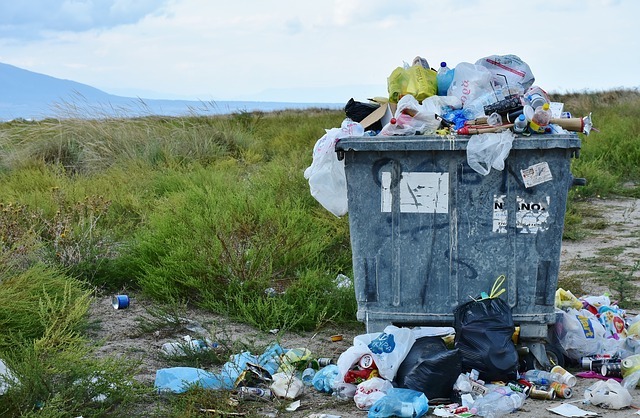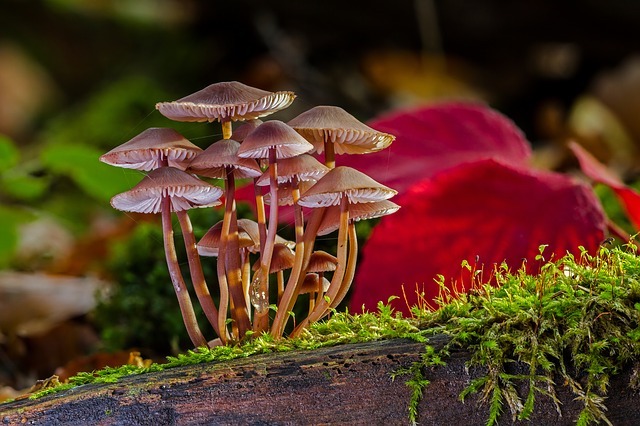If you haven’t already hopped aboard the #plasticfree train, you might be contributing to one of the world’s leading causes of environmental damage. According to National Geographic, “18 billion pounds of plastic waste flows into the oceans every year from coastal regions,” all of which will never break down in our life time (nor during the next generations…).

How This Plastic Build Up Affects The Environment…
To make matters worse, the majority of the plastic that humans consume around the world is never recycled. This means our landfills, oceans, and environment get filled with plastic trash, causing animals who mistakenly eat and get entangled in the products to die.
…And Affects Us
If the sight of animals being harmed isn’t enough to worry you (as it SHOULD), plastic also has many toxic chemicals that, when leached into the soil and groundwater, end up in our drinking water, produce, and fish. According to a study at Arizona State University, almost every human has some traces of chemicals in our system that have derived from plastic. These chemicals can have a range of negative effects, including cancer, hormonal changes, and a weakening of our immune systems.
The Search For A Solution
Despite the grim outlook on the planet’s future, scientists have been developing research for numerous ways to reduce and maybe even reverse the damage caused by our consumption. The latest of investigations? A plastic-eating mushroom called Pestalotiopsis microspora.
Asides from being a mouthful to pronounce, the Pestalotiopsis microspora is a fungus that was originally discovered in the Amazon in Ecuador by a group of scientists from Yale University. While most living creatures need oxygen to survive, this rare mushroom’s source of energy comes from consuming polyurethane, a plastic material.

A Waste Reducer…and Tasty Snack?
Before being trucked to as many landfills as possible to start eating away at the trash, scientists are still doing research on the properties of these mushrooms and potential side effects. Additionally, some scientists are cultivating the mushrooms to be grown into an edible snack. Talk about a renewable source.
While this mushroom is a promising find in the quest for measures to save our planet, it is unlikely to be the end-all solution for our problems. This means it’s vital we all find ways to reduce our plastic consumption and aim for a more sustainable lifestyle. Our planet and lives depend on it.
Photos: Pixabay
